Election 2022: Richard Marles out of his depth on fraught China relations

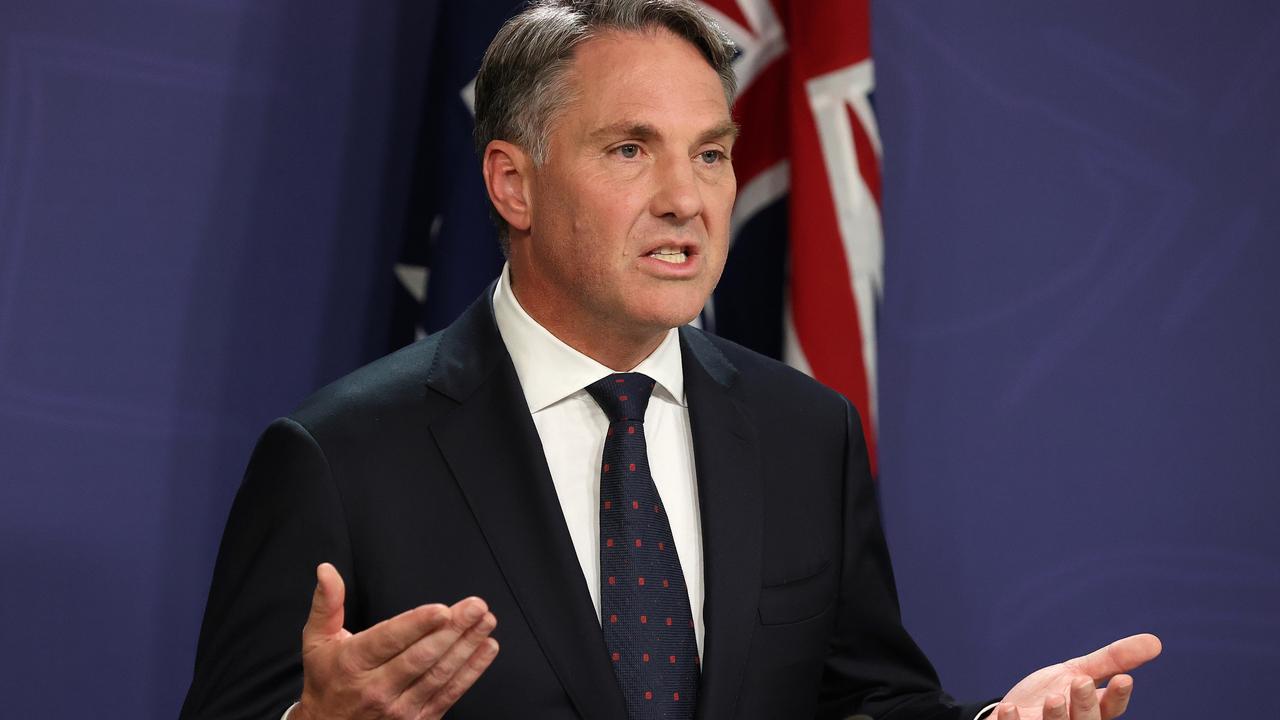
“China is a developing country,” he told the ABC. “That is a matter of fact.”
In one sense Marles was correct. For example, China is developing the largest army in the world. Its navy, already numerically superior to that of the US, is developing anti-ship cruise missiles that have a range of 537km and can travel at Mach 3. The country is developing its stockpile of nuclear warheads, which the US Department of Defense estimates will expand threefold by 2030. As for developing the man-made islands in the disputed portion of the South China Sea, it has at last count fully militarised three of them.
With a GDP of US$17.7 trillion, China’s economy, already the world’s second largest, is fast developing into the biggest. It is developing into a haven for the greatest number of billionaires. Its Belt and Road Initiative is also developing nicely, the investment for 2021 alone amounting to US$59.5 billion and canvassing 144 countries. Aside from that, China is poor as a church mouse and, like Angola, Haiti, and Burkina Faso, warrants preferential trade treatment.

As for Marles, he is developing a relationship with China that is most congenial. He has, as investigations editor Sharri Markson revealed last week, held 10 meetings with Chinese embassy staff and other officials during the past five years despite that country having blacklisted the Australian government. At this rate he will soon have his own embassy parking bay.
His tendency to blame the Morrison government for the tension between both countries, together with the frequencies of his meetings with Chinese officials, have caused disquiet not just within the Coalition but also inside his own party. Former deputy chair of the joint committee on intelligence and security Anthony Byrne and the late senator Kimberley Kitching were reportedly among those who had concerns.
But according to Marles, these revelations are “desperate and a bit silly”. Naturally, it would be churlish to assume otherwise. Admittedly, as Foreign Minister Marise Payne has observed, he has disclosed “only a small number” of his meetings with Chinese officials to her office, but we can only put that oversight down to his taxing work schedule. He will, reportedly, become Defence Minister if Labor wins the election. Leading by example, he presumably will forgive public servants in his department who ‘forget’ to disclose they met secretly with officials of a hostile foreign nation.

Ironically he would have us believe he abhors China’s forays in the Pacific. “We are now seeing the arrangement between Solomon Islands and China, which is unbelievable, and which absolutely undermines our national security,’ said Marles last month regarding the security agreement between those two nations. “I could not imagine that our relationships with the Pacific could have been stuffed up so badly by this government.”
But as the Australian Strategic Policy Institute reported in 2012, Marles was remarkably sanguine about Chinese expansionism in this region. “China’s increased presence in the Pacific is fundamentally welcomed by Australia,” said the then Parliamentary Secretary for Pacific Island Affairs. He repeated those sentiments in 2019 during a speech to Beijing’s Foreign Studies University, telling the audience “The basis of our interest in the Pacific cannot be about attempting to engage in the strategic denial of others”.
That was the same speech he cleared in advance with the Chinese embassy in Canberra. Responding to that story last month, a defensive Marles maintained there was nothing untoward in this. After all, he said, he had in that speech criticised China for its treatment of the Uyghurs. “How many government ministers have gone to China … and publicly criticised the Chinese government,” he asked rhetorically.

Put it this way, you might retort: if they were going to do so, you would at least hope they had the intellectual fortitude not to telegraph their punches as Marles did. His criticism of China’s human right violations was tokenistic, and his claims of diplomatic bravado hypocritical. Only two years ago he denounced Coalition backbenchers for their “muscular language” towards China.
His forecast on developments in the Pacific is laughingly simplistic and naive. “Pacific Island countries have choices about with whom they partner,” Marles told the Lowy Institute in 2017. “The country that cares the most will have the biggest impact.” Does he seriously think the decision by the Solomon Islands to invite Sino-security forces had anything to do with China’s care factor? As the Sydney Morning Herald reported last month, Prime Minister Manasseh Sogavare rewarded each MP who helped him survive a no-confidence motion last year with a $40,000 payment from a “constituency fund” established by China.
In 2018 China announced it had signed a BRI agreement with the Andrews government on the eve of Payne’s official visit to the country. The timing was no accident: it was designed to unsettle her by demonstrating China could easily manipulate Australian political leaders. Likewise, the security agreement with the Solomon Islands was intended to make the Morrison government look impotent only weeks before the federal election. Marles cannot pretend this is coincidental.
Nonetheless he chose to exploit the situation for political gain.
He has reportedly told Chinese officials privately that relations between Australia and China would improve under a Labor government. They have good reason to believe him. When interviewed by Sky News in 2019, he was asked to respond to a claim by then Chinese ambassador to Australia Cheng Jingye that his country had “no intention to seek hegemony, to seek expansion, or spheres of influence”.
“I take the Chinese ambassador for what he’s saying,” Marles replied. A month later former ASIO director-general Duncan Lewis warned the Chinese government was attempting to “take over” Australia’s political system through its “insidious” foreign interference operations. The former counter espionage chief was merely reinforcing what has been obvious for more than a decade. Yet Marles, who has served in Cabinet, was seemingly oblivious. “I don’t think China is the Soviet Union,” he told Sky News in 2018. “China doesn’t have aspirations around what political system should apply in Australia.”
He has been able to deflect much scrutiny thanks to Morrison’s ill-advised outburst in February that implied Marles was a sleeper agent. This was a ridiculous accusation. Marles’s unsuitability for a senior ministerial position has nothing to do with being the Manchurian candidate. But it has everything to do with being a malleable one.

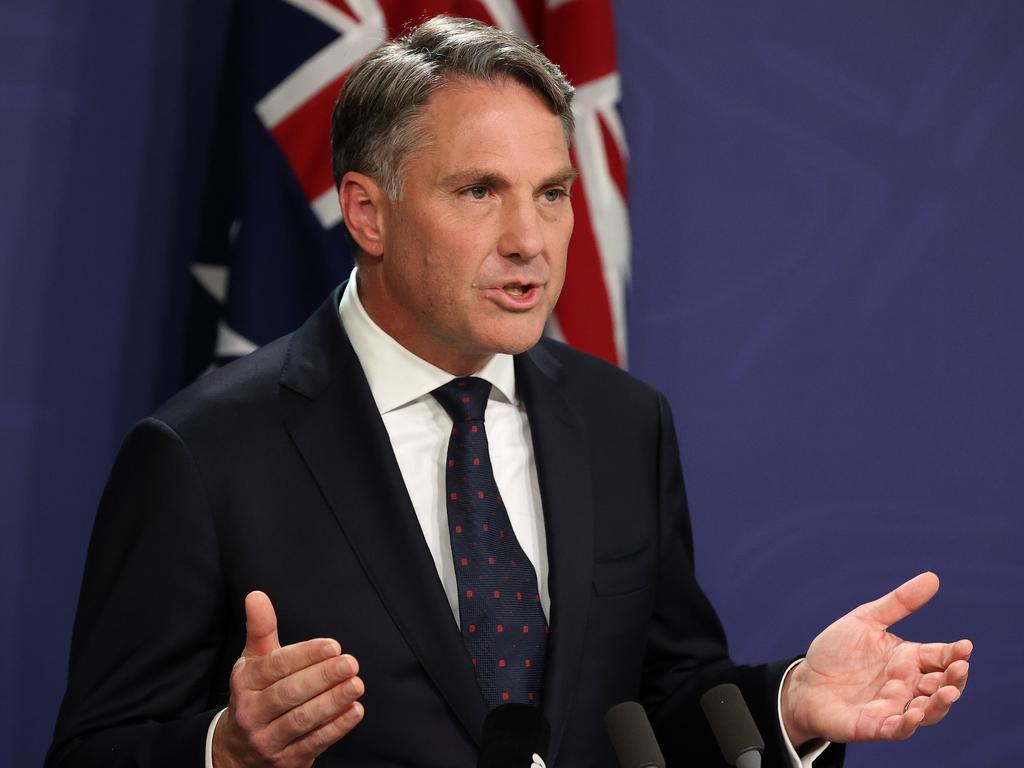
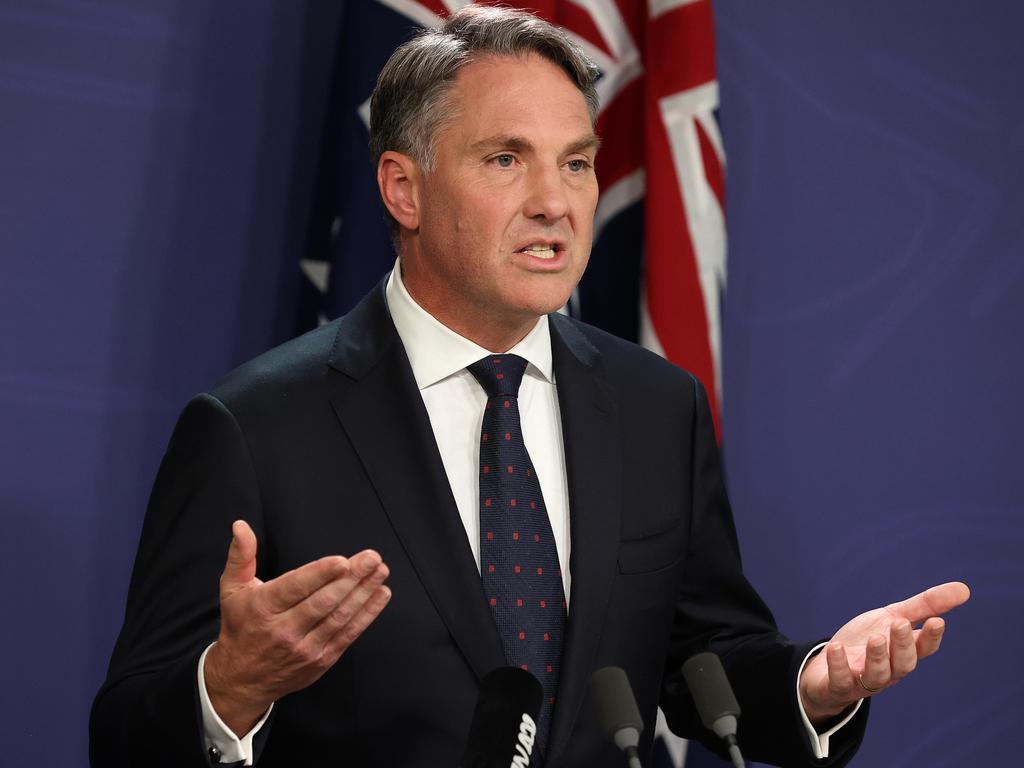
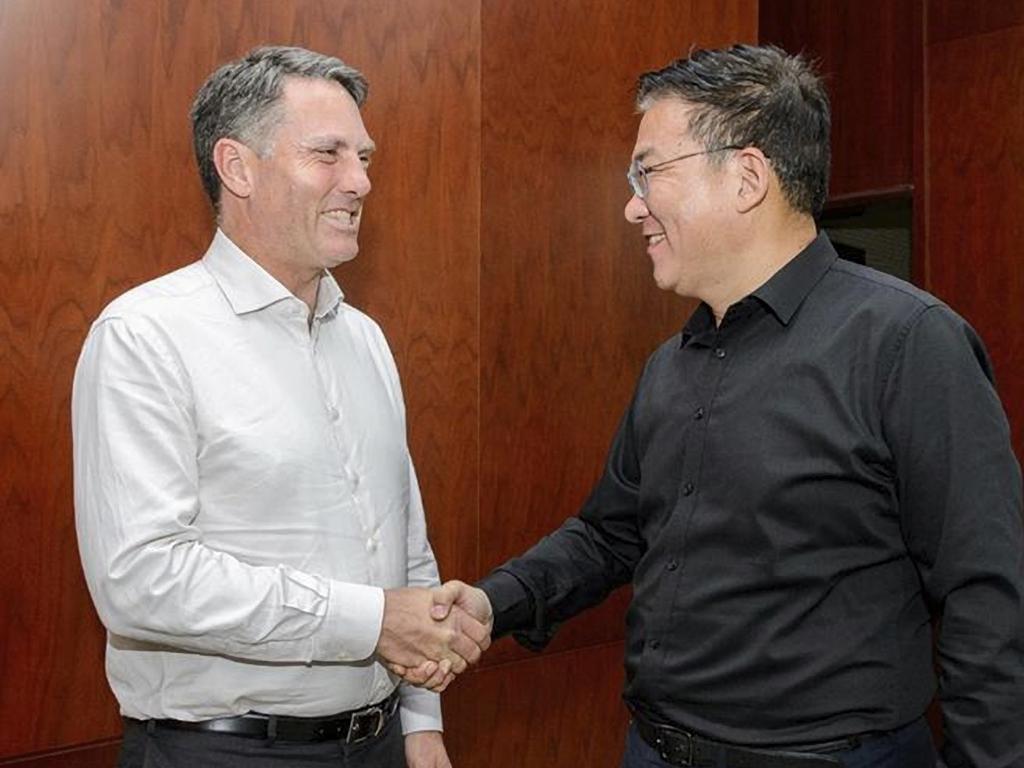
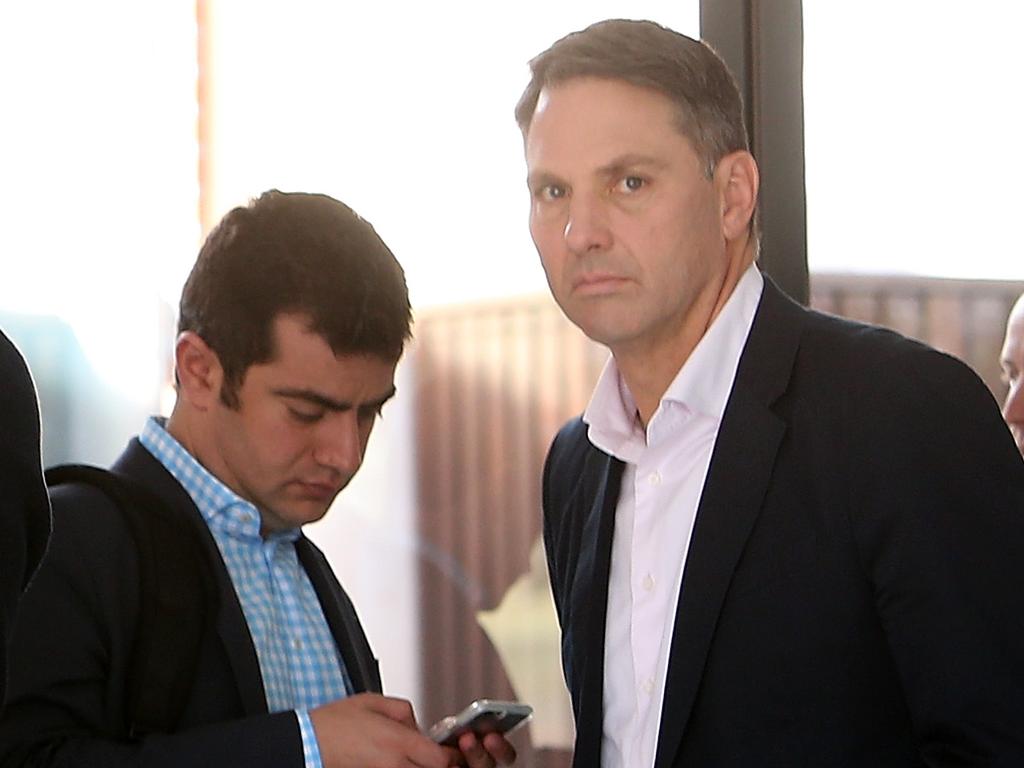


In 2019, when Prime Minster Scott Morrison publicly questioned whether China should continue to enjoy the privileges of developing country status according to the rules of the World Trade Organisation, it was not just Beijing that was affronted. According to Labor deputy leader Richard Marles, Morrison’s comments were “disrespectful”.